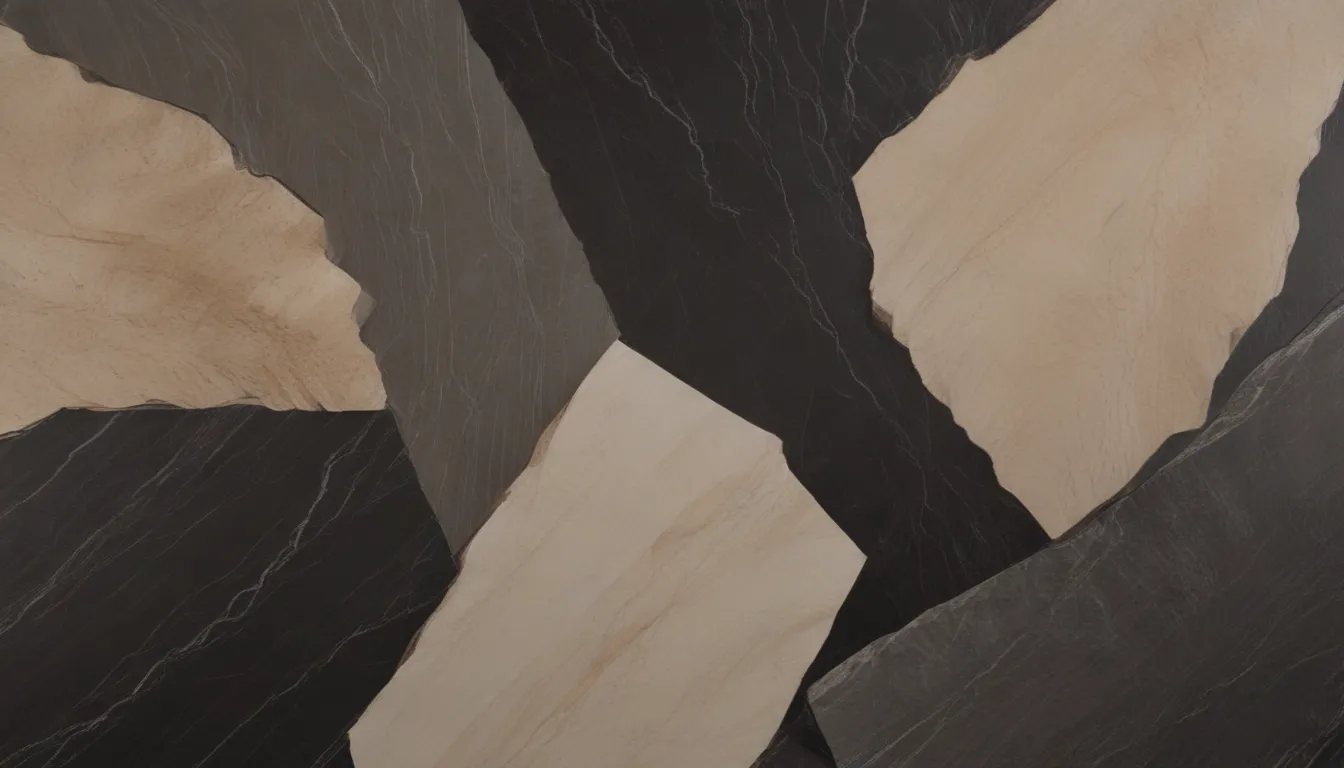The Ultimate Guide: Veneer Stone vs. Natural Stone for Your Home

Have you ever found yourself admiring the elegant look of stone walls in homes or businesses? You may have come across displays of veneer stone and natural stone, both of which offer unique textures and aesthetics. However, telling the difference between the two can be quite challenging as veneer stone is specifically designed to closely resemble natural stone. But when it comes to making a decision on which type of stone to choose for your home cladding, fireplace, wainscot, or other architectural elements, how do you know which one is the best fit for your needs?
Understanding Veneer Stone
Veneer stone, also known as architectural stone, manufactured stone, or Cultured Stone (a trademark of Boral), is essentially an engineered stone that mimics the appearance of natural stone. It is created by a mixture of Portland cement, aggregates, and iron oxides that are molded to resemble stone textures. While veneer stone offers a cost-effective and lightweight alternative to natural stone, it should not be mistaken for faux veneer stone, a polymer-based product that lacks the authenticity of real stone.
Key Points about Veneer Stone:
– Lightweight and easy to cut
– Homogeneous appearance
– May fade over time
– Not suitable for structural use
Exploring Natural Stone
On the other hand, natural stone is 100% authentic stone that is quarried directly from the earth, without any alterations or color additives. Natural stone can be found in various forms, such as rounded river stones or carved blocks for building purposes. While natural stone boasts durability and a timeless aesthetic, it can be heavy and challenging to source compared to veneer stone.
Key Points about Natural Stone:
– Durable and colorfast
– Heavy and dense
– Difficult to cut
– Can be used structurally
Structural Differences
When it comes to structural use, veneer stone is primarily used for decorative purposes and cannot support additional weight for building purposes. In contrast, natural stone can be used structurally but is not as commonly practiced in modern construction. If authenticity is your priority, natural stone is the ideal choice for creating a genuine stacked stone look.
Size, Weight, and Thickness
Veneer stone typically ranges from 1 to 2 inches in thickness, while natural stone comes in various sizes with full-size blocks for complete coverage. Additionally, natural stone is heavier than veneer stone, with fieldstone weighing approximately 13 pounds per square foot compared to the lighter weight of manufactured veneer stone.
Appearance and Color Fastness
While veneer stone may experience color fading over time, natural stone offers a timeless appearance that is not easily replicated. Natural stone’s colors may also change with sunlight exposure, albeit at a slow rate that is not noticeable within a person’s lifetime.
Installation Procedures
The installation process for veneer stone involves using lath, a scratch coat, mortar, and grout to achieve the desired look. On the other hand, natural stone requires a more complex installation process due to its density and weight. Metal lath is often used as a base for attaching natural stone to surfaces such as concrete, stone, or block.
What Is Metal Lath?:
– A mesh-like surface ideal for stone adhesion
– Used for stucco, plaster, and other materials
Manufacturers and Suppliers
Manufactured veneer stone companies are on the rise, offering a wide range of options to consumers looking for affordable and versatile stone alternatives. While well-known manufacturers of veneer stone can be easily found, suppliers of natural stone are often local due to the high shipping costs associated with transporting heavy stone materials.
Making Your Decision
When deciding between veneer stone and natural stone for your next home project, consider the following factors:
– Predictability: Veneer stone offers consistent sizes and easier installation for DIYers.
– Aesthetics: Natural stone provides a unique and authentic look that cannot be replicated.
– Durability: Natural stone is known for its long-lasting qualities, making it a popular choice for outdoor applications.
In conclusion, both veneer stone and natural stone offer their own set of advantages and considerations. Whether you prioritize cost-effectiveness, authenticity, or durability, understanding the differences between these two stone options can help you make an informed decision for your next home improvement project.





